Published
7 months agoon
By
Adubianews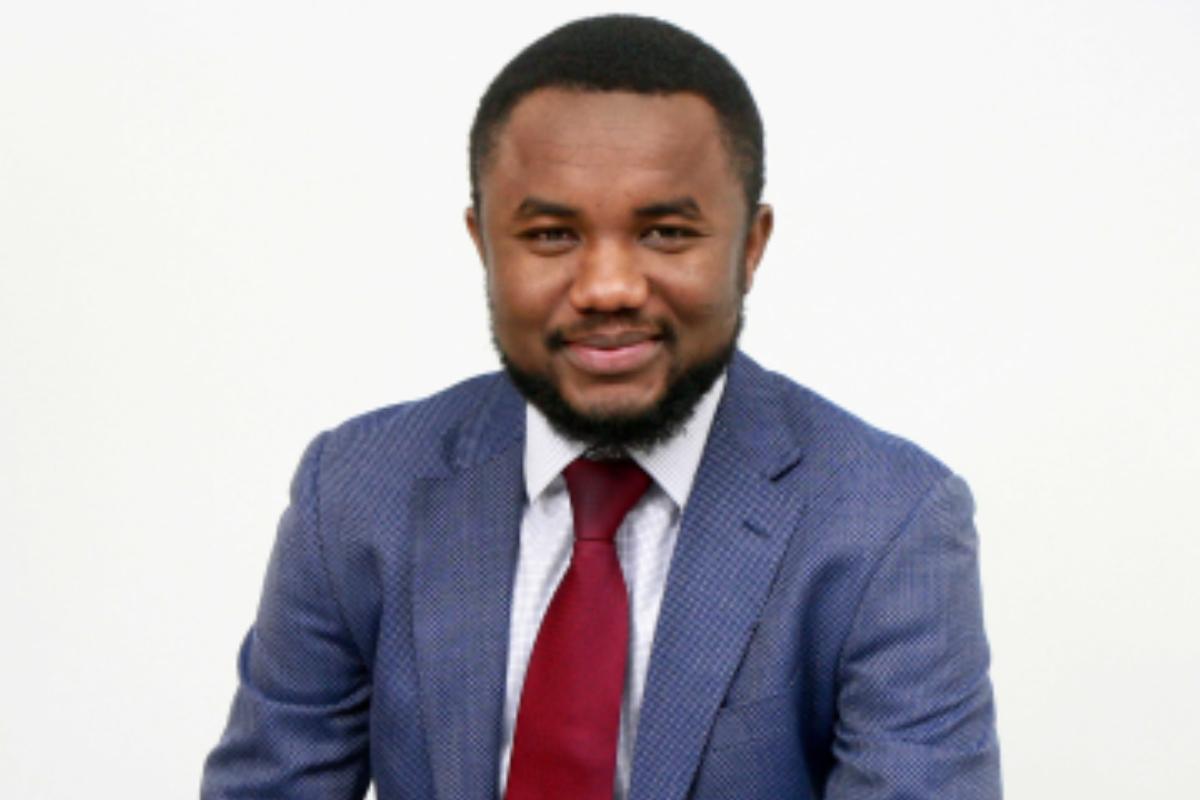
Associate Professor of International Trade at Anglia Ruskin University, Professor Evans Akwasi Gyasi, has called on Ghanaian leaders to adopt the 24-hour economy as a national development plan rather than a short-term political program.
During an appearance on JoyPrime’s News Flash on Tuesday, July 8, he cautioned that unless there is continuity across political administrations, the initiative risks being abandoned like other well-intentioned policies in the past.
Professor Gyasi recalled how ambitious projects introduced by previous governments, such as Dr. Kwame Nkrumah’s Big Push, General Acheampong’s Operation Feed Yourself, Rawlings’ economic procurement initiatives, Kufuor’s HIPIC benefits, and the One District One Factory initiative under Nana Akufo-Addo, were either stalled or discarded following political transitions. He warned that the 24-hour economy, if not treated as a long-term national priority, could suffer a similar fate.
Although the idea originated from President John Mahama and the National Democratic Congress, Professor Gyasi emphasized that it should be embraced by all Ghanaians. He expressed doubt that the initiative could be fully realized within Mahama’s presidential term alone and insisted it must be sustained beyond political cycles. According to him, the success of the policy depends on how well it is integrated into the national agenda, not how well it serves a single administration.
He also questioned the necessity of setting up a new secretariat for the 24-hour economy, arguing that existing public agencies should be responsible for its implementation. This, he believes, would promote ownership among civil servants and ensure institutional continuity, regardless of who holds political power.
For the initiative to succeed, he argued, it must become part of the broader machinery of state development programs and not operate in isolation.
Professor Gyasi described the 24-hour economy as a laudable and timely idea capable of transforming Ghana’s economy if executed with national commitment. The policy, led by former President Mahama, aims to create an environment that supports round-the-clock business operations, increases job opportunities, enhances productivity, and improves services in key sectors like transport, manufacturing, tourism, and healthcare. However, without a shared national vision, he warned, the initiative might not reach its full potential.
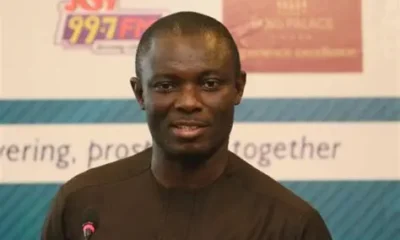

Kwaku Kwarteng Dismisses 24-Hour Economy as Empty Campaign Rhetoric
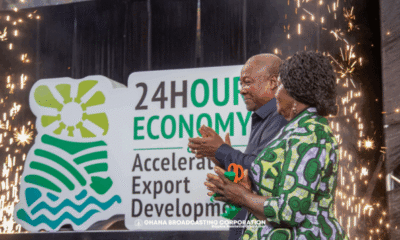

Mahama Unveils 24-Hour Economy to Position Ghana as Africa’s Investment Hub
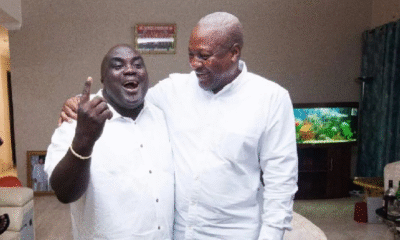

Julius Debrah Says 24-Hour Economy Already Underway


24-Hour Economy Lacks Real Substance – Kwadwo Poku Slams NDC’s Policy


24-Hour Economy Useless Without Cheaper Power and Credit – GNCCI Boss Warns


President Mahama Confirms July 1 Launch Date for 24-Hour Economy Policy
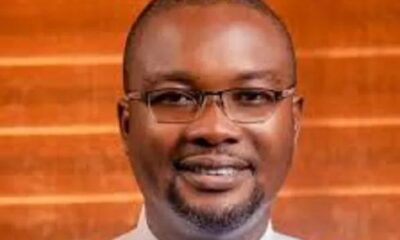

Ekumfi MP: 24-Hour Economy Will Boost Firms Like Ekumfi Juice to Expand and Create More Jobs 

























